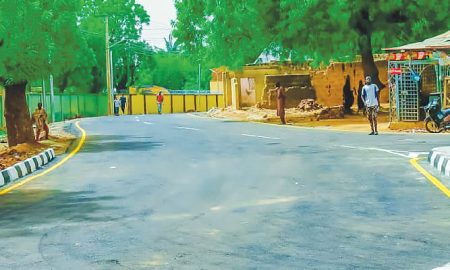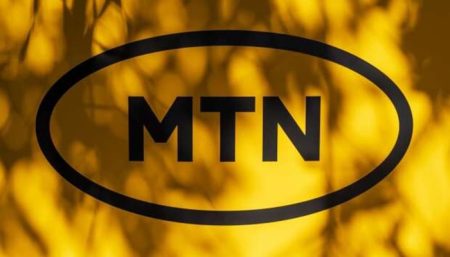The Member of Parliament for Okaikwei South, Ernest Adomako, has voiced concerns regarding the potential impact of drug abuse on the Free Senior High School (SHS) program in Ghana, advocating for the implementation of random drug testing among students. He argues that the significant financial investment in the program could be jeopardized if beneficiaries engage in substance abuse, hindering their academic progress and future productivity, ultimately transforming them into a burden on society rather than contributing members. Adomako believes that government resources should be prioritized for students committed to their education and not diverted to address the consequences of drug-related issues among students. He suggests that random drug tests, particularly upon students’ return from vacation, would serve as a deterrent and identify those requiring intervention.
Adomako’s proposal stems from observations of increasing drug use among SHS students, including marijuana, tramadol, and other substances. He fears that without proactive measures, the Free SHS program, designed to empower the youth and foster national development, risks becoming a breeding ground for addiction and societal challenges. The MP’s concerns highlight a potential conflict between the program’s laudable goals and the unintended consequences of unchecked substance abuse among its beneficiaries. He contends that the financial burden on the government, coupled with the long-term societal costs of addiction, necessitates a more robust approach to safeguard the program’s effectiveness and ensure its intended outcomes.
The MP’s call for random drug testing extends beyond the SHS level, encompassing university students and National Service Scheme (NSS) personnel. He proposes integrating mandatory drug screening as a prerequisite for accessing scholarships and government agency placements, thereby linking educational and employment opportunities to demonstrably drug-free individuals. This expanded scope reflects a broader concern about the pervasiveness of drug use among young people and its potential repercussions for national development. Adomako believes that incorporating drug testing into these critical stages of a young person’s life would serve as a strong deterrent and encourage responsible behavior.
Adomako’s emphasis on the financial implications of the Free SHS program underscores the need for accountability and responsible resource allocation. He argues that the significant investment made by the government requires safeguards to ensure that funds are utilized effectively and not wasted on individuals who jeopardize their educational opportunities through drug abuse. This perspective highlights the complex interplay between social welfare programs, individual responsibility, and the long-term economic interests of the nation. The MP’s stance suggests that while free education is a valuable investment, it also necessitates measures to protect its integrity and maximize its potential for societal benefit.
The proposed implementation of random drug testing raises important considerations regarding student privacy, ethical implications, and the potential for stigmatization. Balancing the need to address drug abuse with the rights and well-being of students requires careful consideration of these factors. The development of clear guidelines, protocols, and support systems for students who test positive would be essential to ensure a fair and humane process. Moreover, addressing the root causes of drug abuse, such as peer pressure, societal influences, and access to illicit substances, requires a comprehensive approach involving education, counseling, and community-based interventions.
Adomako’s proposal reflects a broader societal concern about the impact of drug abuse on youth development and national progress. The Free SHS program, while designed to empower the next generation, also faces challenges that necessitate proactive and preventative measures. Addressing the issue of drug abuse within the educational system requires a multi-faceted approach that balances the need for early intervention, support for students struggling with addiction, and safeguarding the integrity of the Free SHS program’s significant investment in Ghana’s future. The MP’s advocacy for drug testing, while potentially controversial, underscores the urgency of addressing this issue and its potential ramifications for the nation’s development.













